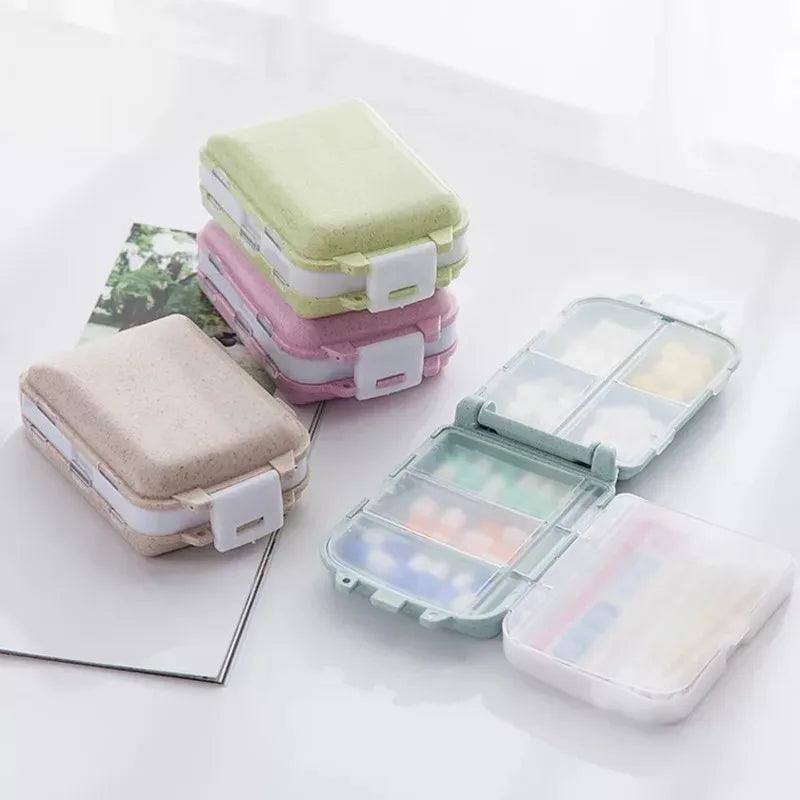Earplugs: The Unsung Heroes for Peaceful Living
If you've ever found yourself tossing and turning at night, unable to drift into a peaceful slumber due to the relentless sounds of the world outside your window, you're not alone. Many individuals struggle with noise disturbances that can disrupt their sleep and concentration. Earplugs have emerged as an increasingly popular solution for embracing tranquility, and in this comprehensive guide, we will delve into the various types of earplugs available, focusing on their specific uses, including earplugs for sleep, earplugs for concentration, and their overall benefits.
Imagine waking up refreshed and energized after a night of uninterrupted sleep, or finding yourself effortlessly focused on deep work despite the chatter around you. This is the power of earplugs—a simple yet effective tool that can transform how we experience sound in our daily lives. Whether you're a light sleeper, a student striving to study in a bustling library, or someone who battles with unpredictable noise interruptions at home or work, the right pair of earplugs can make all the difference.
But with so many options available, how do you choose the best noise-canceling earplugs suited to your needs? In this post, we will explore how to choose earplugs that cater to both sleep and concentration purposes, and also discuss the benefits of earplugs beyond just reducing noise. You may be surprised to learn how these small devices can lead to significant improvements in your overall quality of life.
Join us as we uncover the world of earplugs, empowering you with the knowledge to reclaim your peace and quiet, and enhance your productivity. Prepare to embark on a journey to discover the quiet within.
Types of Earplugs
Foam Earplugs
Foam earplugs are among the most common types of earplugs available on the market. Made from soft, compressible foam, these earplugs can easily conform to the shape of your ear, providing a snug fit that effectively blocks out noise. They are often used for sleeping, studying, and other activities where sound interruption can be an obstacle.
Key features and benefits of foam earplugs include:
- High noise reduction rating (NRR), helping to achieve a quieter environment.
- Easy to use and disposable, making them convenient for one-time use.
- Affordable option, widely available in drugstores and online.
However, foam earplugs can sometimes be uncomfortable for prolonged wear and may not be suitable for all ear sizes. It’s essential to select the right fit for maximum effectiveness.
Silicone Earplugs
Silicone earplugs are another popular choice, distinguished by their flexibility and moldability. They can be found in both custom-fit and pre-molded variations. The soft silicone material offers excellent comfort, making them a great option for sleeping or swimming.
Benefits of silicone earplugs include:
- Reusable and easy to clean, which adds to their longevity.
- Water-resistant, making them ideal for use in swimming or showering.
- Variety in colors and styles, appealing to individual tastes.
Nonetheless, silicone earplugs may not attenuate sound effectively as foam options, and users should assess their needs when choosing between the two.
Custom-Molded Earplugs
Custom-molded earplugs are tailored specifically to fit the unique shape of an individual's ear canal. This customization provides a perfect seal, reducing external noise effectively and enhancing comfort levels during extended wear.
The advantages of custom-molded earplugs include:
- Exceptional sound attenuation, making them the best noise-canceling earplugs for sleep and concentration.
- Highly durable, often lasting several years with proper care.
- Designed for an individual fit, minimizing discomfort and maximizing effectiveness.
While custom-molded earplugs can be expensive and require a visit to an audiologist for fitting, many users find the investment worthwhile for serious noise management and comfort.




























































































































































































































